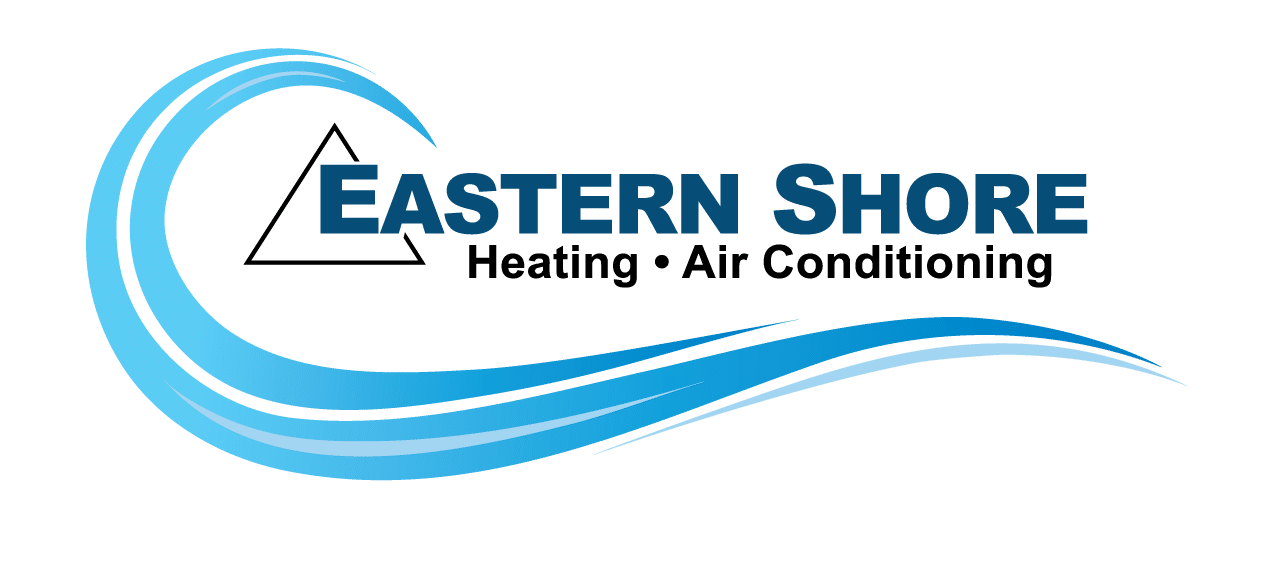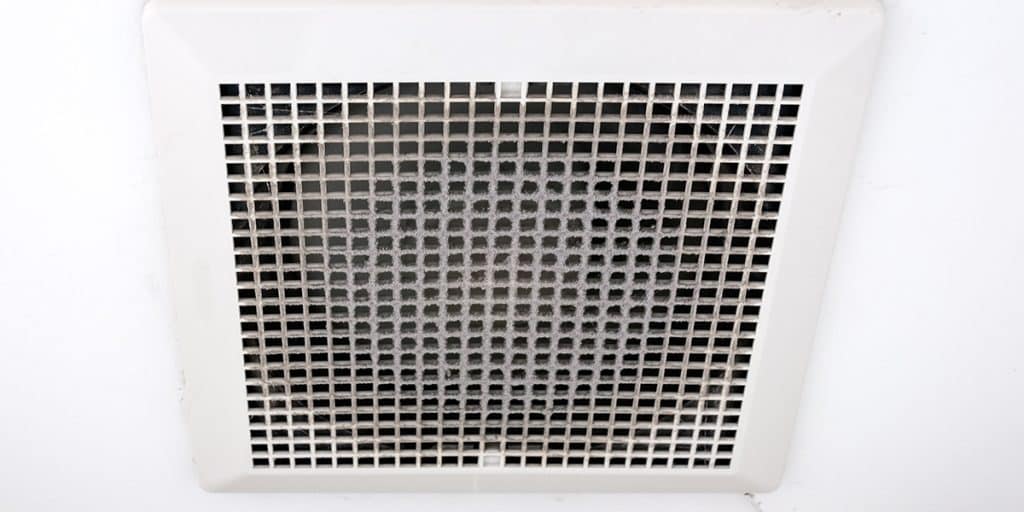Due to their microscopic nature, mold spores are in every environment, including indoor spaces. Though their presence typically doesn’t cause problems for people, the right conditions can make the spores develop into colonies that could trigger allergy symptoms, allergic reactions, and other adverse health conditions.
HVAC systems can become breeding grounds for mold due to the moisture they generate. Mold in HVAC units needs prompt attention from a mold removal specialist and a skilled HVAC contractor. Eastern Shore Heating & Air Conditioning shares the following tips to prevent mold in your HVAC system.
Why Does Mold Form in Air Conditioning Units and Air Vents?
Mold needs moisture to grow, which it can get from an air conditioner. HVAC equipment can develop mold problems due to high humidity in the building, condensation, and a lack of ventilation. Mold colonies also need warm temperatures to form.
6 Ways to Avoid Mold in an HVAC System
1. Replace Air Filters Regularly
Your HVAC system’s air filter can quickly fill with dirt, dust, pollen, and other airborne particles. Air can’t flow well through a clogged air filter, nor can the filter adequately trap mold spores as air passes through the mesh.
Investing in high-quality filters with a MERV (Minimum Efficiency Reporting Value) rating of at least five will reduce mold spore circulation. Changing your filters once every 90 days will also help.
2. Insulate Air Ducts
Condensation inside ductwork occurs when warm air inside a building interacts with cold metal ducts. Because there isn’t anywhere for the moisture to go, it will collect inside the ductwork.
Mold thrives in damp environments, but air duct insulation can minimize condensation. The insulation will shield metal ductwork from exposure to cold temperatures and keep moisture in the air until the HVAC system removes it.
3. Inspect Condensate or Drip Pans
Central AC units have a drip or condensate pan to collect the excess moisture the air conditioning process produces. The condensate that forms on the evaporator coil will flow down the condensate drain into the pan.
Because both components deal with moisture, cleaning them regularly is necessary. The cleaning process prevents too much water from accumulating inside the pan. It also keeps microbes from thriving in standing water and spreading upwards into the HVAC system.
4. Clean Air Ducts
According to the Environmental Protection Agency, you should clean your property’s air ducts if visible mold is inside the ducts or your heating and cooling unit. Though you can’t always see air ducts due to their placement behind walls, it’s reasonable to assume that air from an affected HVAC unit will transport spores through the ductwork and spread mold.
Air ducts retain moisture from the HVAC’s condensation and collect dust, dander, and other debris. That type of environment is ideal for excessive mold growth.
You can prevent mold in an HVAC system from spreading by scheduling professional duct cleaning services. It’s harder for mold colonies to form inside ducts if they lack sufficient moisture and organic material.
5. Protect HVAC Air Intakes
A high level of mold spores circulating through your indoor air supply makes it easier for microbes to settle inside your HVAC system. Maintaining clean air around an HVAC unit’s intake valves is essential for preventing contamination inside the equipment.
You can protect the system’s air intake valves by keeping the air around the area as fresh as possible. Remove all storage items, trash, and materials that could harbor dust and mold from the site. It’s also best to keep the space around the air intakes dry to maintain a reasonable humidity level.
6. Install an Air Purifier
Combining a fully functional HVAC system with a top-tier air purifier will dramatically improve your home’s air quality. An HVAC technician can add the equipment to the heating and cooling system. It will help remove airborne contaminants, including dust, odors, pet dander, and mold spores.
With fewer spores circulating through the air, there is less risk of a colony forming in the HVAC system.
Get Reliable HVAC Services from Eastern Shore Heating & Air Conditioning
The trusted team at Eastern Shore Heating & Air Conditioning has decades of experience improving indoor air quality and preventing mold in HVAC systems throughout Central New Jersey. As one of the area’s leading heating and cooling companies, our certified technicians can do everything from repairing leaky air conditioners to testing indoor air for allergens.
Contact Eastern Shore Heating & Cooling today at (732) 800-9416 to request a free estimate.

